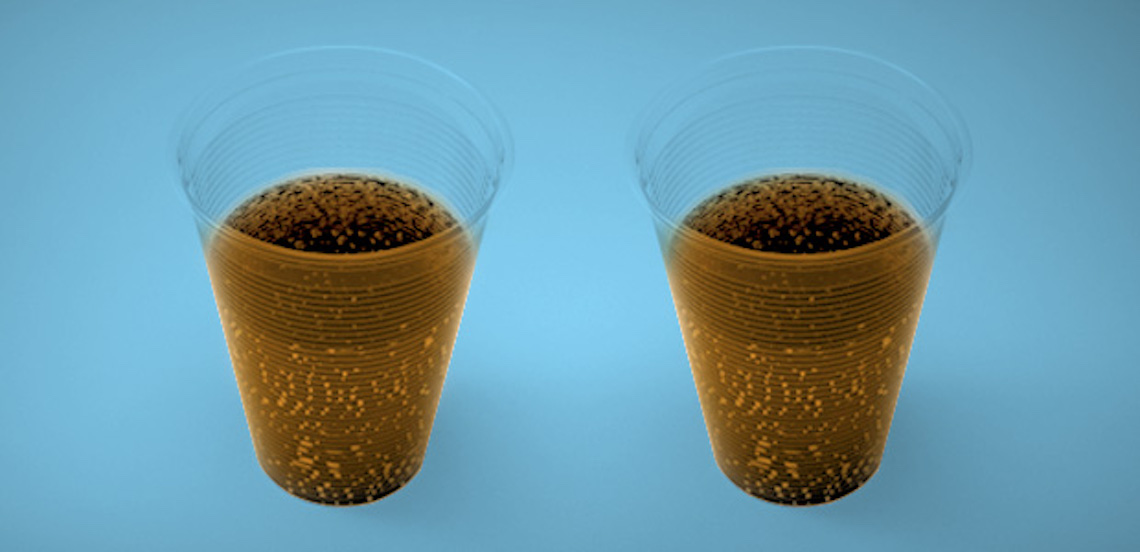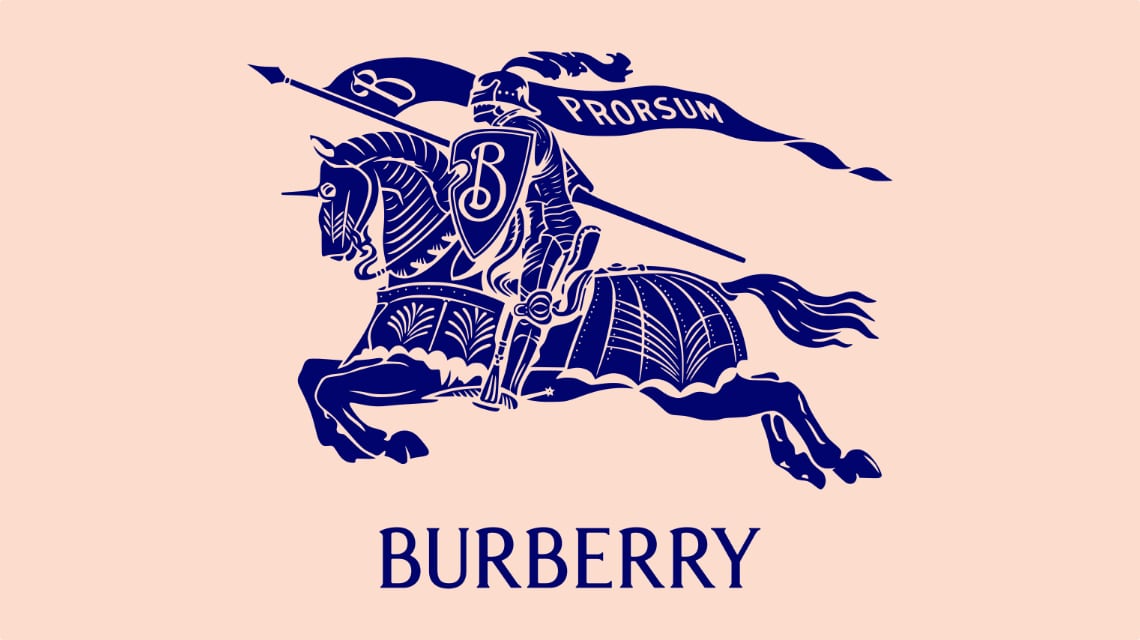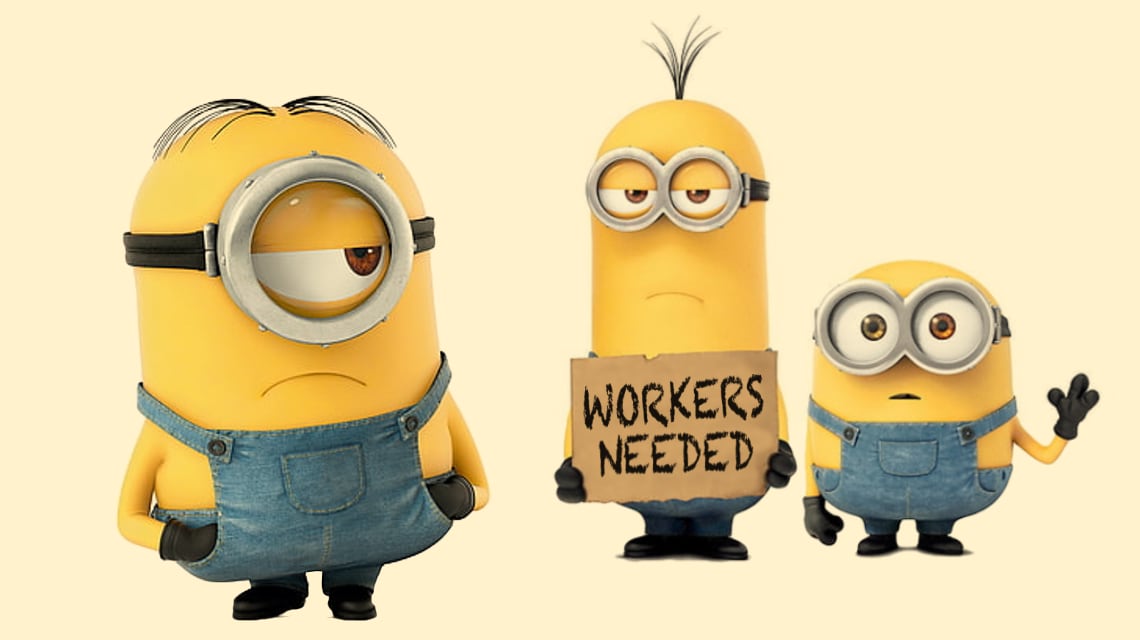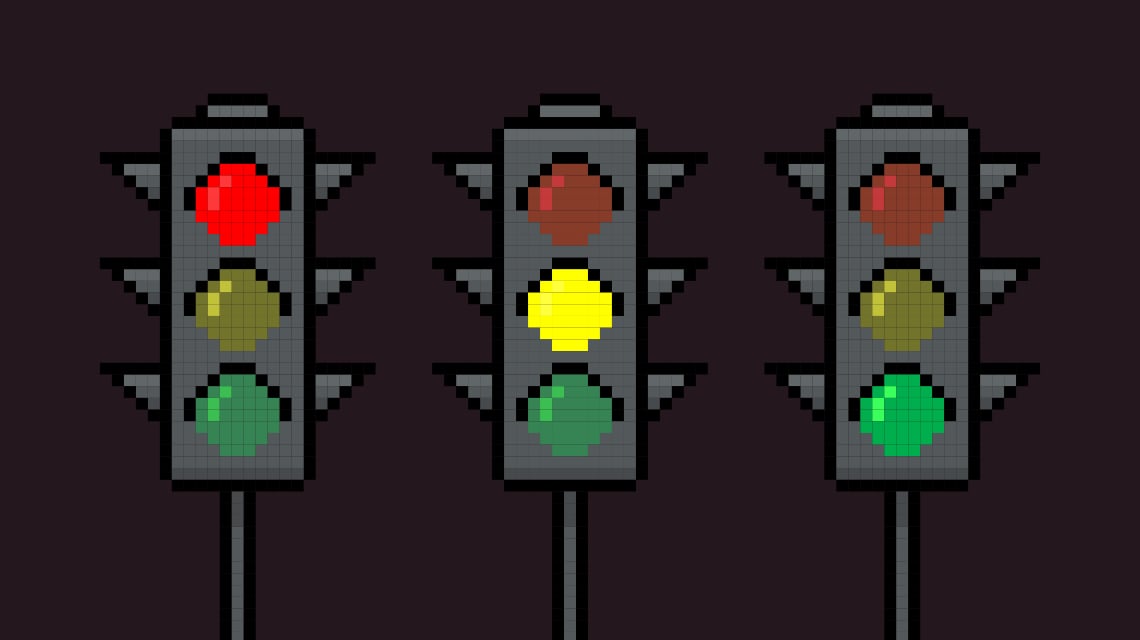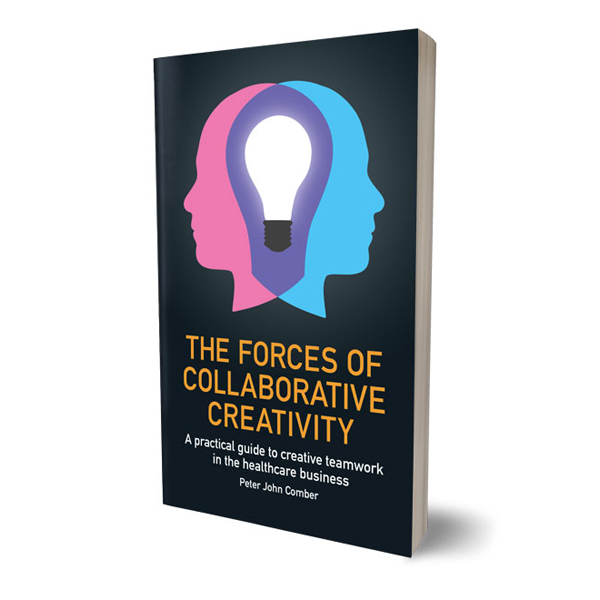The taste test, so logical that it failed.
Proof that emotion memory affects our decisions and can make the most rational marketing ideas backfire.
On April 23, 1985, the Coca-Cola Company announced a change to its formula introducing a "smoother, sweeter taste". Coca-Cola was the number one Cola at the time, but Pepsi had continually gained market share in the previous 15 consecutive years as the two brands fought an intense marketing war. One weapon used by Pepsi was the “Pepsi Challenge”. This consisted of a blind taste test between the two cola’s that revealed a slight preference for the taste of Pepsi. Market researchers working for Coca-Cola did their own taste tests, with nearly 200,000 consumers and identified a preferred formula, the one launched on April 23, 1985 with advertising that boasted; “The Best Just Got Better!”. The consumer reaction was huge and quite the opposite of what Coca-Cola were expecting. People were outraged, grassroots campaigns sprung-up across the country demanding that Coca-Cola bring back the original Coke. There was a widespread emotional reaction to what I would describe as the perceived desecration of an icon of American pop culture.
On July 11, 1985 Donald Keough, President of Coca-Cola held a press conference to officially announce the return of the old Coke formula and apologise; "The simple fact is that all of the time and money and skill poured into consumer research on a new Coca-Cola could not measure or reveal the depth and abiding emotional attachment to original Coca-Cola felt by so many people”. A big statement and one marketers should ponder today, when so much is decided by data of dubious accuracy or relevance.
Nine years later an article appeared in Neuron magazine: “Neural Correlates of Behavioral Preference for Culturally Familiar Drinks”
In this study researchers used functional magnetic resonance imaging (fMRI) to measure brain activity levels while conducting their own taste tests with Coca-Cola and Pepsi. The fMRI allowed the researchers to discover the specific brain regions activated in response to the drinks. In the experiments they did blind testing and branded testing. In blind tests the brain systems involving taste were seen to be activated and the same occurred when the subjects tasted Pepsi associated with it’s brand. Something very different happened when tasting Coca-Cola associated with it’s brand - here the "dorsolateral prefrontal cortex" and the hippocampus were also activated (both are implicated in emotion based behavior modification). In particular, the researchers wrote; "the hippocampus may participate in recalling cultural information that biases preference judgments." and "there are visual images and marketing messages that have insinuated themselves into the nervous systems of humans that consume the drinks."
The researchers concluded that their findings indicated that two separate brain systems (one involving taste and one recalling cultural influence) in the prefrontal cortex interact to determine preferences.
My conclusion is that our experience of a brand becomes part of us. Our memories of the emotions a brand has given us become the emotions we expect from the brand. To the point that (if we have been emotionally exposed to it) when we drink Coca-Cola we don’t fully experience Coca-Cola unless we believe that is what we are drinking. It is our own brand memory that ignites all the fireworks in our brain.
1- Samuel M. McClure, Jian Li, Damon Tomlin, Kim S. Cypert, Latané M. Montague, and P. Read Montague: "Neural Correlates of Behavioral Preference for Culturally Familiar Drinks" Published in Neuron, Volume 44, Number 2, October 14, 2004, pages 379-387.
